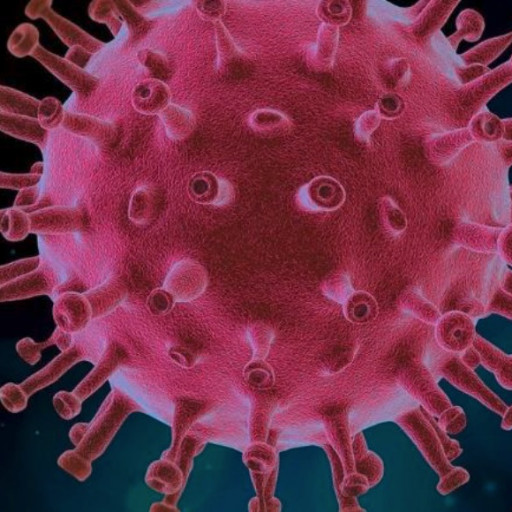COVID19: Imedos Dynamic Vascular Analysis Technology – Analyzing Endothelial Function and Identifying Potential High-Risk Patients for Severe COVID-19 Progression.
A recent study by experts at the University Hospital Zurich shows that, in addition to pneumonia, the SARS-CoV-2 virus can trigger severe vascular inflammation in all organs of the body¹ In particular, vascular regulation in the area of the smallest vessels, the microcirculation, is impaired in corona disease and is at risk of collapse. Individuals with pre-damaged vessels (a so-called endothelial dysfunction) are thus at particularly high risk for severe COVID-19 courses. They must be detected early and protected from the virus. With the innovative technology of the Jena-based medical technology manufacturer Imedos Systems GmbH, such vascular disorders, in particular endothelial dysfunction, can be detected. This opens up the possibility of identifying patients with expected severe courses of COVID-19 in good time.
The Zurich team of experts examined tissue samples from deceased COVID-19 patients. They found that not only the lungs of the patients were inflamed. Rather, they suffered from inflammation of the endothelium of the vessels of various organs. The endothelium is the innermost cell layer of the vessels, which forms a kind of protective shield for the organs and is responsible for regulating various processes. If the endothelium is damaged, the result is, for example, circulatory and coagulation disorders in the organs. These in turn can lead to cell death and thus to the death of entire organs or tissues. According to the Zurich scientists, the virus attacks the vascular endothelium directly, causing systemic vascular inflammation throughout the body. The consequences then become visible as organ damage and lung disease.
“Whether a person’s endothelial function is already impaired can be determined quickly, contactlessly and reliably with our Dynamic Vascular Analysis method. A simple look into the patient’s eye provides detailed insights into the function and regulation of the retinal vessels as well as their endothelium. Imedos stands for vascular health. It is of great concern to us to contribute to the protection of corona patients with our technology and expertise,” explains Dr.- Ing. Walthard Vilser, Managing Director of Imedos Systems GmbH.
In Dynamic Vascular Analysis, vessels of the retina are stimulated with flicker light and the vascular response is analyzed. Since the vascular endothelium is similarly damaged in all vessels of the microcirculation of the different organs, the eye can be used as a window to see the damage of the entire vascular system. Thus, the examining physician obtains information about the cardiovascular or cardiometabolic risk for future diseases of the various organs of the body. At the same time, the risk also includes impairments of the vascular system due to previous diseases and known, internal and vascular risk factors.
Persons with already pre-damaged vessels and existing dysregulations of the vessels belong to the high-risk patients for particularly severe courses when infected with the virus. They must be identified in time and protected against infection with COVID-19. Prof. Dr. med. Frank Ruschitzka, Director of the Clinic for Cardiology at the University Hospital Zurich, already reported that further investigations with retinal vessel analysis on COVID-19 patients are planned. In addition, he emphasized that a second therapeutic approach is needed for COVID-19 patients. In addition to containing the viruses, he said, the patients’ vasculature should be protected and stabilized².
[1] USZ, 20.04.2020: COVID-19: Auch eine systemische Gefässentzündung.
Available online: http://www.usz.ch/news/medienmitteilungen/Seiten/mm-covid-19–gefaesserkrankung.aspx
[2] Reye, Barbara: »Mit dem Rauchen aufhören und sich am besten viel bewegen«; in: Tages-Anzeiger; 5. Mai 2020, S. 32



